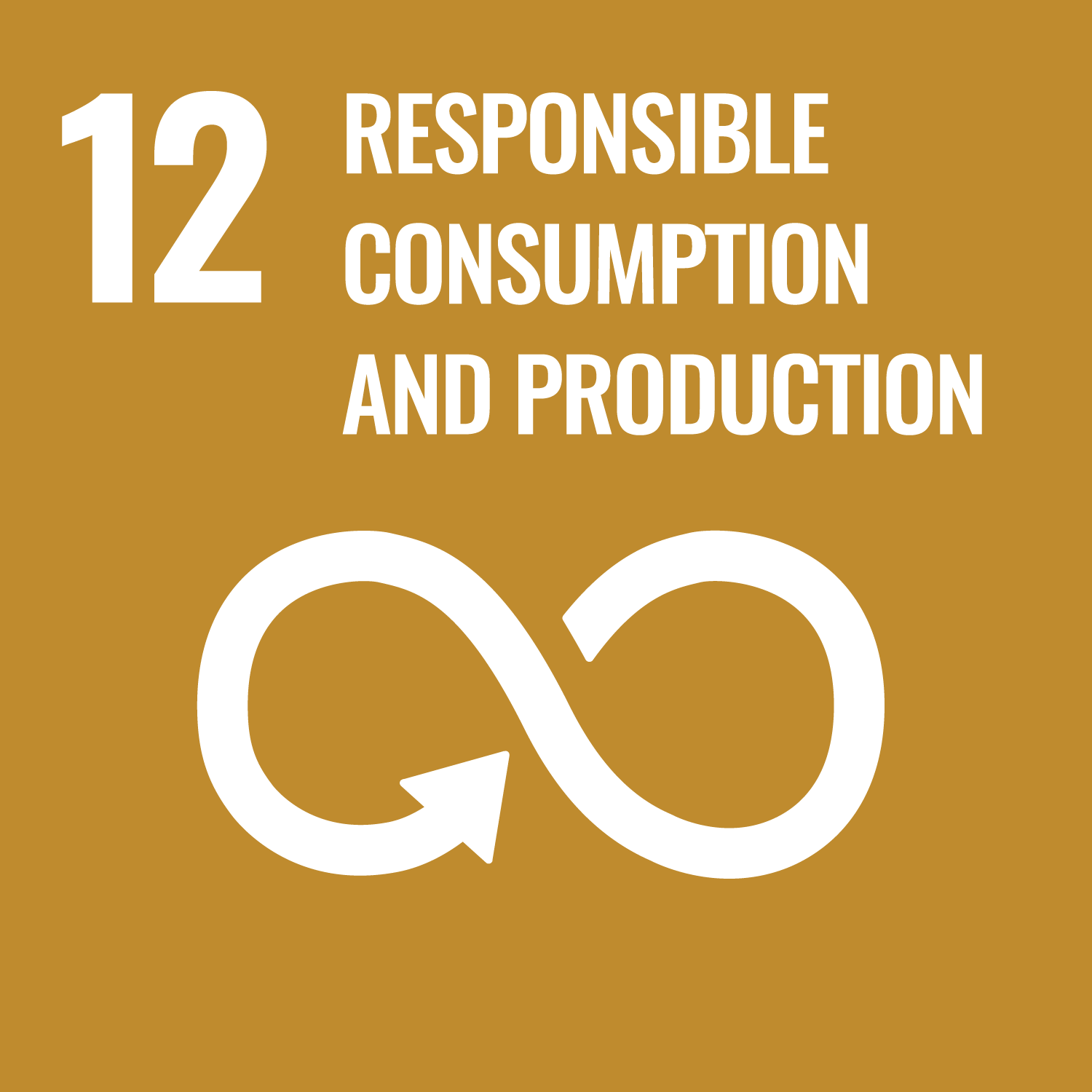Kininmonth, A. orcid.org/0000-0002-1145-525X, Van, D., Jenneson, V. orcid.org/0000-0003-2468-8009 et al. (4 more authors) (2025) Establishing a workflow to use digital footprints of food purchases for public good, illustrated using a national policy example. In: International Journal for Population Data Science. Digital Footprints Conference 2025, 14-15 May 2025, Leeds, UK. Swansea University. ISSN: 2399-4908. EISSN: 2399-4908.
Abstract
Introduction & Background
Supermarket sales data are an exciting and promising type of digital footprint, or smart, data. Their scale and timeliness offer great potential to understand a variety of wicked problems from obesity to climate change. However, like many digital footprint data they do not come research ready and can require subject matter expertise (nutrition) to prepare.
Objectives & Approach
We outline the data sources and preprocessing stages required to use digital footprint data from 4 large UK retailers to evaluate the impacts of the high in fat, sugar and salt (HFSS) legislation which came into force in England on 1 October 2022.
To undertake this evaluation, we first needed to establish the HFSS status of all food and drink products that were sold 18 months pre- and 12 months post-introduction of the legislation. To do this, we obtained daily food and drink purchase records from the 4 UK retailers which included a stock keeping unit identifier, product names and quantity of food purchases. We then obtained food and drink product (nutrition) data from several sources, including retailers’ own-brand data and the third-party commercial data provider, Brandbank, which provided both own-brand and branded data. Product data comprised back-of-pack nutrition information, fruit, vegetable and nut %, product weight, HFSS information (if available), packaging type, Nutrient Profile Model scores.
Where available, historic product data from 2020-2024 were obtained to establish any changes to products through reformulation. Data from available sources were aggregated to calculate the HFSS status of all products sold across the 4 retailers. These data were then linked back to sales data to calculate the proportion of HFSS products sold daily in the 4 retailers pre- and post-implementation.
Relevance to Digital Footprints
Our work outlines the data sources and preprocessing stages required to be able to use digital footprints of food purchases to facilitate the evaluation of the legislation.
Conclusions & Implications
There are several critical stages required to use digital footprint data for research purposes. This work highlights the need for universally available product data, including historic product data, to enable timely evaluations of public health legislation.
Funding Statement
This research was funded through the Transforming the UK Food System for Healthy People and a Healthy Environment SPF Programme, delivered by UKRI, in partnership with the Global Food Security Programme, BBSRC, ESRC, MRC, NERC, Defra, DHSC, OHID, Innovate UK and FSA. The DIO Food project is linked to grant award BB/W018021/1 and additionally funded by IGD.
Metadata
| Item Type: | Proceedings Paper |
|---|---|
| Authors/Creators: |
|
| Copyright, Publisher and Additional Information: | © The Authors. This work is licensed under a Creative Commons Attribution 4.0 International License. |
| Keywords: | Supermarket sales data, Digital Footprint, Nutrition, Legislation, Food and drink |
| Dates: |
|
| Institution: | The University of Leeds |
| Academic Units: | The University of Leeds > Faculty of Environment (Leeds) > School of Food Science and Nutrition (Leeds) |
| Date Deposited: | 10 Nov 2025 11:41 |
| Last Modified: | 10 Nov 2025 11:41 |
| Status: | Published |
| Publisher: | Swansea University |
| Identification Number: | 10.23889/ijpds.v10i5.3356 |
| Sustainable Development Goals: | |
| Open Archives Initiative ID (OAI ID): | oai:eprints.whiterose.ac.uk:234094 |
Download
Filename: df-2023-023.pdf
Licence: CC-BY 4.0


 CORE (COnnecting REpositories)
CORE (COnnecting REpositories) CORE (COnnecting REpositories)
CORE (COnnecting REpositories)